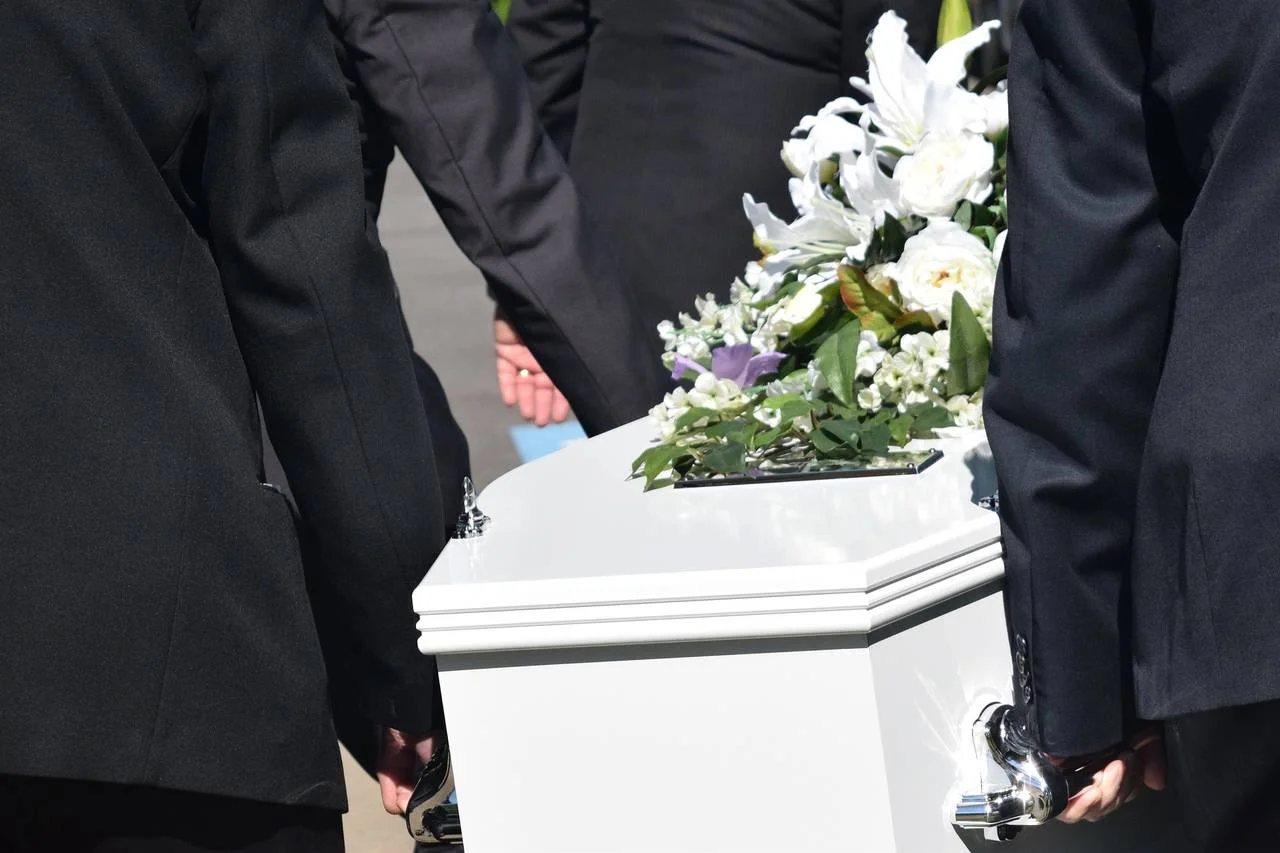Wrongful Death Claims and Survival Actions: Differentiating Legal Remedies

In the unfortunate event of a fatal incident, the legal process surrounding the loss of a loved one can be overwhelming. Understanding the distinctions between wrongful death claims and survival actions is crucial for navigating the legal landscape and seeking appropriate remedies. In this blog post, we will delve into the differences between wrongful death claims and survival actions, shedding light on their purposes, eligibility, and potential outcomes. By gaining insight into these legal concepts, you can make informed decisions during this challenging time.
Wrongful Death Claims
Wrongful death claims are civil actions brought on behalf of the deceased individual by their surviving family members. The primary purpose of a wrongful death claim is to seek compensation for the losses suffered by the surviving family members due to the wrongful or negligent actions of another party. Key aspects of wrongful death claims include:
- Eligibility: Wrongful death claims can typically be filed by the deceased person’s immediate family members, such as spouses, children, or parents. Some jurisdictions may also allow other dependents or individuals who have suffered financial losses as a result of the death to bring a wrongful death claim.
- Compensation: Damages in wrongful death claims aim to compensate the surviving family members for various losses, including financial support, loss of companionship, funeral expenses, and emotional distress.
- Burden of Proof: In wrongful death claims, the burden of proof rests on the plaintiff (surviving family members) to establish that the defendant’s negligence or wrongful actions caused the death of their loved one.
Survival Actions
Survival actions, on the other hand, are legal actions that can be pursued by the estate of the deceased person on their behalf. The purpose of a survival action is to seek compensation for the damages that the deceased person suffered before their death. Key aspects of survival actions include:
- Eligibility: Survival actions can be initiated by the personal representative or executor of the deceased person’s estate. These actions aim to address the individual losses and damages that the deceased person would have been entitled to seek had they survived.
- Compensation: Damages in survival actions typically cover medical expenses, pain and suffering endured by the deceased person before their passing, lost wages, and other losses related to the incident.
- Burden of Proof: In survival actions, the burden of proof rests on the plaintiff (the estate) to demonstrate that the deceased person would have had a valid claim for personal injury had they survived.
Key Differences
While wrongful death claims and survival actions are both legal remedies in cases of fatal incidents, there are significant differences between the two:
- Purpose: Wrongful death claims focus on compensating the surviving family members for their losses resulting from the death of their loved one. Survival actions, on the other hand, aim to address the individual damages that the deceased person suffered before their death.
- Plaintiffs: Wrongful death claims are brought by the surviving family members, while survival actions are pursued by the estate of the deceased person.
- Damages: Wrongful death claims seek compensation for the losses suffered by the surviving family members, while survival actions seek compensation for the damages the deceased person experienced before their death.
- Burden of Proof: In wrongful death claims, the plaintiff must prove that the defendant’s actions caused the death of their loved one. In survival actions, the burden of proof lies in establishing the damages the deceased person would have been entitled to seek had they survived.
Conclusion
Understanding the distinctions between wrongful death claims and survival actions is essential when facing the loss of a loved one. Wrongful death claims address the losses suffered by surviving family members, while survival actions focus on compensating the estate for the damages the deceased person incurred before their passing. Consulting with a knowledgeable attorney specializing in wrongful death and personal injury law can provide guidance and support throughout the legal process, ensuring your rights are protected and the appropriate legal actions are pursued.
